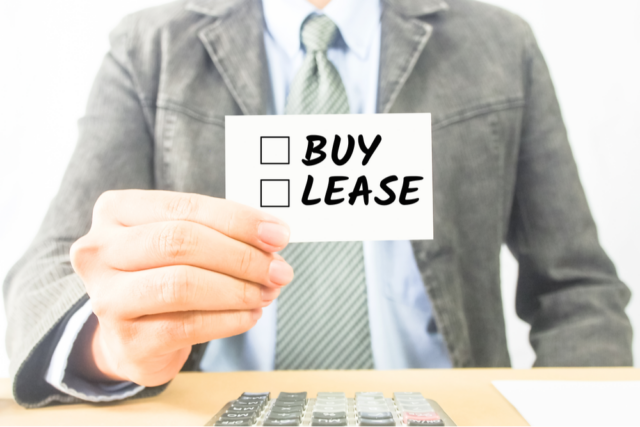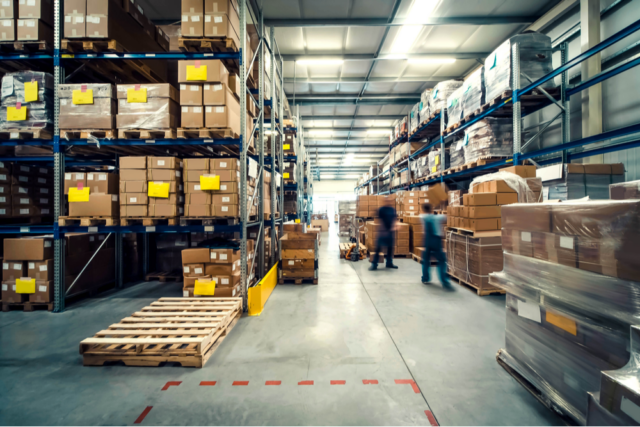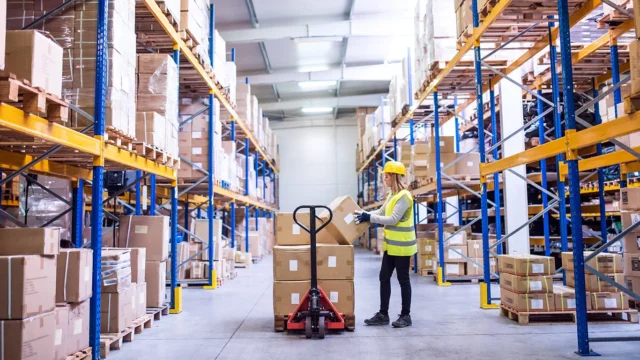
When it comes to warehousing solutions, one of the most significant decisions to make is whether to buy or lease a warehouse.
Both options have their own set of advantages and disadvantages, and it’s important to weigh them carefully before making a decision.
In this article, we will discuss the pros and cons of buying vs. leasing a warehouse to help you make an informed decision.
3 Pros of Buying a Warehouse
- Long-term investment ─ When you buy a warehouse, you have a long-term investment that can appreciate over time. If the property’s value increases, you can sell it for a profit or use it as collateral for financing.
- Flexibility ─ As the owner of the property, you have the freedom to make changes and modifications to the warehouse to suit your needs. You can also use the space for other purposes or rent it out to generate additional income.
- Tax advantages ─ Owning a warehouse comes with tax benefits such as depreciation, property tax deductions, and interest deductions on your mortgage payments.

3 Cons of Buying a Warehouse
- High upfront costs ─ Buying a warehouse requires a significant upfront investment that can be challenging to finance, especially for small businesses.
- Maintenance costs ─ As the owner of the property, you’re responsible for all the maintenance and repairs required to keep the warehouse in good condition. This can be costly and time-consuming.
- Lack of flexibility ─ Buying a warehouse is a long-term commitment, and it may be challenging to sell the property if your business needs to change.
3 Pros of Leasing a Warehouse
- Lower upfront costs ─ When starting a new business, finding a warehouse to store your inventory can be a significant expense. Leasing a warehouse can be a cost-effective solution as it requires a lower upfront investment than buying a property. This can be particularly beneficial for small businesses or those that don’t have a large amount of capital available to find a warehouse.
- Flexibility ─ Leasing a warehouse gives you the flexibility to relocate to a new space or change the size of your warehouse as your business needs change.
- No maintenance costs ─ As a tenant, you’re not responsible for the maintenance and repairs required to keep the warehouse in good condition. This can save you both time and money.

3 Cons of Leasing a Warehouse
- No long-term investment ─ When you lease a warehouse, you don’t have a long-term investment that can appreciate over time. You’re essentially paying rent, and once the lease is up, you’ll need to find a new space.
- Lack of control ─ As a tenant, you’re limited in terms of modifications or changes you can make to the warehouse. You’re also subject to the landlord’s rules and regulations.
- Rent increases ─ Lease agreements often include annual rent increases, which can make it challenging to budget and plan for the future.
Conclusion
Choosing whether to buy or lease a warehouse depends on several factors, including your business needs, available capital, and long-term goals. If you have the capital and want a long-term investment, buying a warehouse may be the best option.
However, if you’re a small business or need flexibility, leasing a warehouse may be the better choice. Ultimately, it’s important to weigh the pros and cons of each option and make an informed decision based on your specific circumstances.







